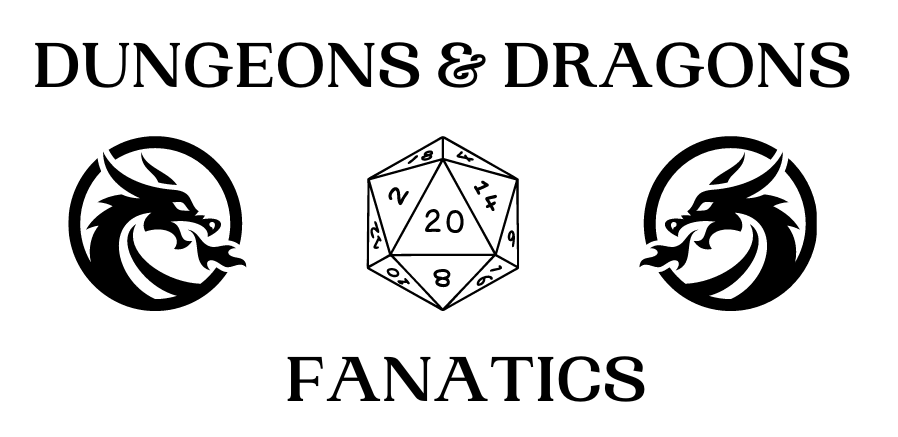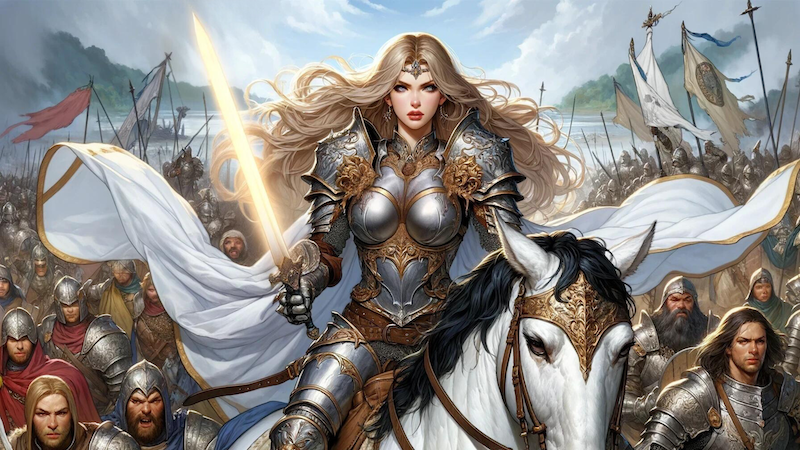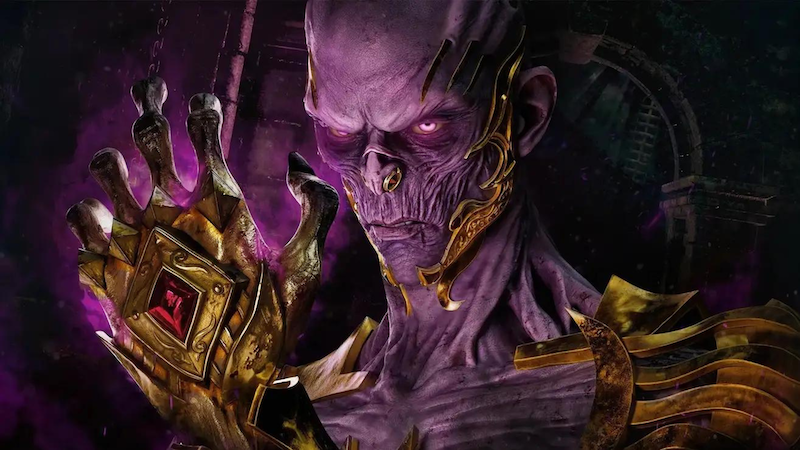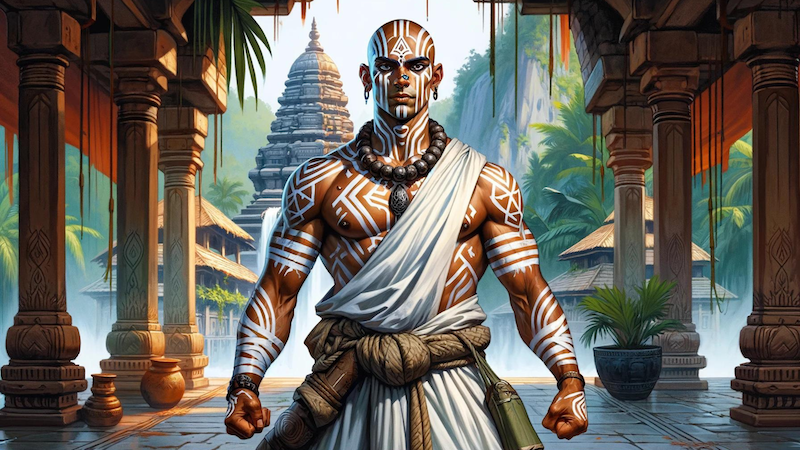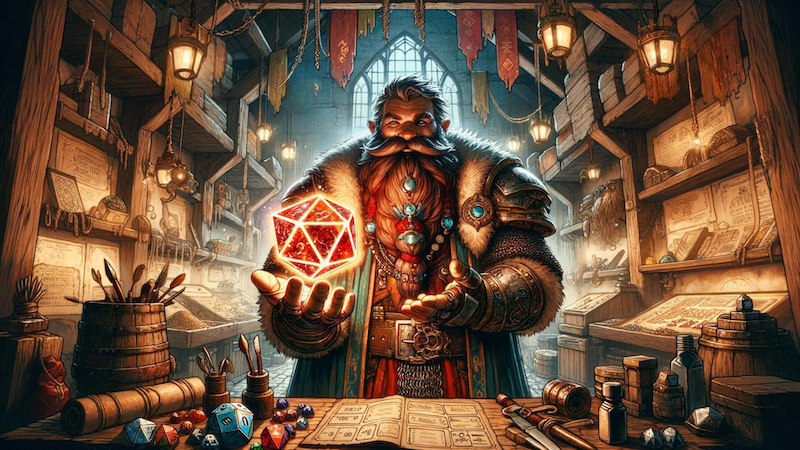

Fans Demand “Open D&D” for Third-Party Publishers
Dungeons & Dragons owner Wizards of the Coast has recently been in contact with a number of third-party publishers who produce unofficial D&D content under the current Open Game License (OGL). According to a number of different sources, Wizards of the Coast has requested meetings and asked many of these publishers to sign non-disclosure agreements in regards to the upcoming One D&D system.
The move has angered a number of fans who feel that it may be an attempt by Wizards of the Coast to stifle unofficial content and a larger so-called “Open D&D” system. In fact, the hashtag #OpenDnD was recently trending on Twitter with several tabletop RPG influencers weighing in on the controversy.
The news comes hot on the heels of a recent leak from Wizards of the Coast in November of 2022 that suggested they may be doing away with the D&D OGL entirely; potentially putting an Open D&D in jeopardy and threatening the financial stability of numerous third-party D&D publishers.
What is the D&D Open Game License?
The D&D Open Game License (OGL) is a contract from Wizards of the Coast that contains 15 legal provisions that explain the rules surrounding what specific D&D material can be used in any published third-party materials. Details for the OGL are found in Wizards of the Coast’s Systems Reference Document (SRD).
While Wizards of the Coast is relatively flexible with what third-party publishers can do with the D&D fifth edition rules, they typically do not allow publishers to use trademarks (including “Dungeons & Dragons,” “D&D,” or “Dungeon Master”) as well as many of the more familiar monsters and spells. Third-party materials that are created are considered Open Game Content (OGC), meaning its creator has submitted it as open source material to the D&D universe. (The website Arcane Library has a more detailed explanation of what the OGL is.).


What’s Next for D&D Homebrew and OGL?
As of the date of this publication, Wizards of the Coast has not officially responded to fan concerns regarding homebrew content and third-party materials developed under the OGL. This silence has lead to continued speculation that the OGL may be scraped and that publishers may be forced to pay an upfront license to create content (a move that would essentially wipe out any small, independent creators who would likely be unable to afford hefty licensing fees). Rumors have also circulated that third-parties may be forced to distribute materials solely via D&D Beyond, as opposed to independently publishing their own content or releasing it via platforms like DMsGuild.
It should be noted, however, that requesting an NDA with a third-party publisher isn’t necessarily a sign of underhanded behavior and is something that many larger entertainment and game publishers do require. Nor does the move necessarily mean that the OGL will be removed and that third-party publishers will be negatively impacted by the One D&D release. What is clear, however, is that the move has upset a large and vocal online following of D&D players, and may have ramifications for years to come.
We’ll be keeping a close eye on this story as its develops and will update with more information as it’s made available.
More D&D News Coverage
For more from the world of Wizards of the Coast, visit our D&D News page.


